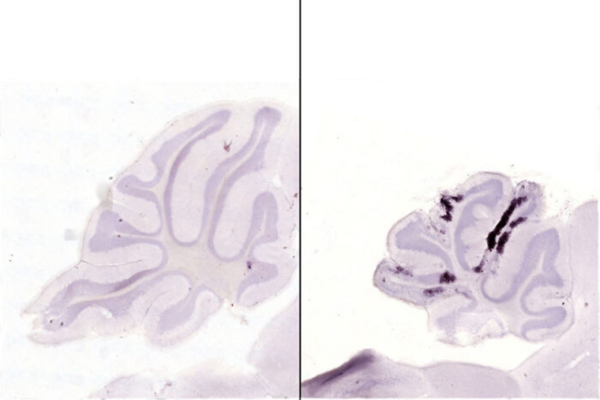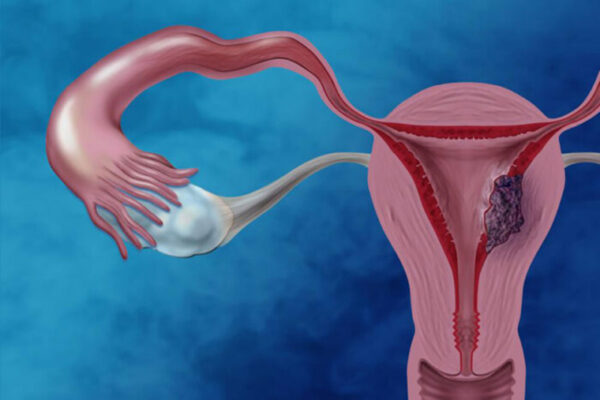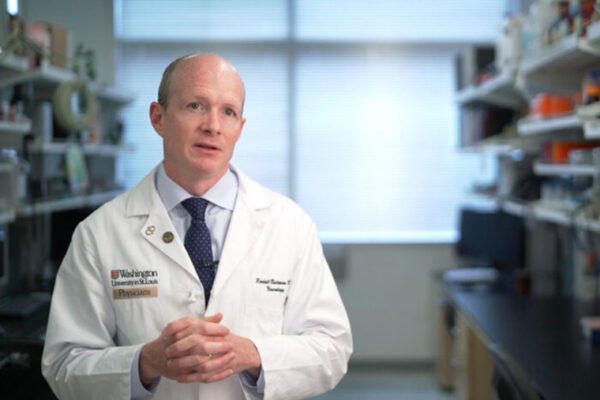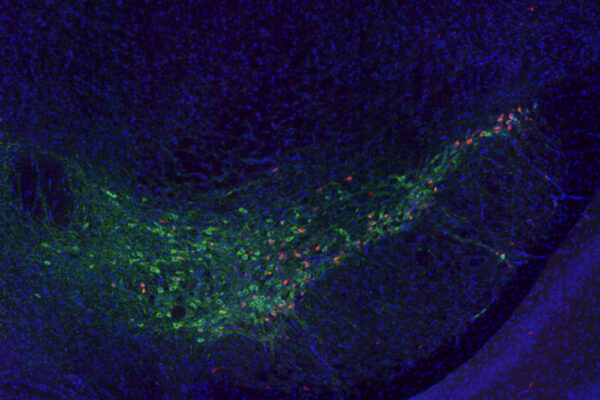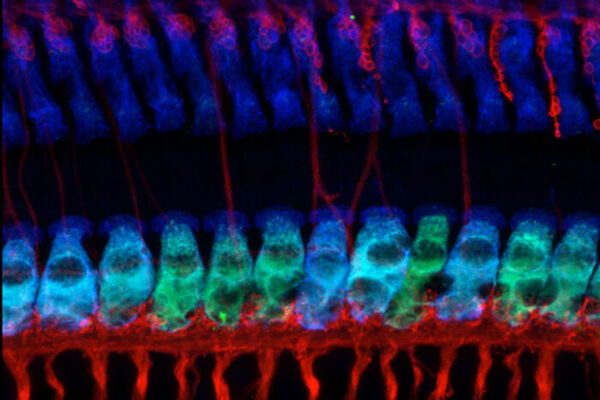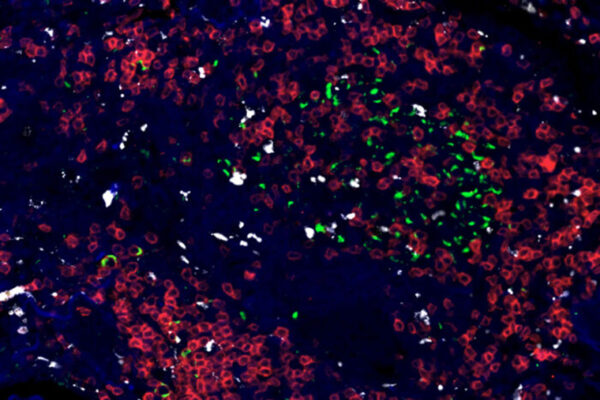Why Zika virus caused most harmful brain damage to Brazilian newborns
Researchers at Washington University School of Medicine in St. Louis have found that the strain of Zika that circulated in Brazil during the microcephaly epidemic that began in 2015 was particularly damaging to the developing brain.
Fight against endometrial cancer boosted with new molecular road map
A new study offers a road map to understanding the molecular underpinnings of endometrial cancer, which could lead to new therapies. The national research team was co-led by investigators at the School of Medicine.
Investigational drugs didn’t slow memory loss, cognitive decline in rare, inherited Alzheimer’s, initial analysis indicates
The School of Medicine led an international trial evaluating whether investigational drugs could slow memory loss and cognitive decline in a rare, inherited form of Alzheimer’s disease. The trial was conducted at 24 sites in Australia, Canada, France, Spain, the United Kingdom and the United States.
From the front lines of the new opioid crisis
More powerful than morphine, fentanyl killed pop-music icon Prince in 2016. Alum Ben Westhoff investigates how it gets to America, how it got so popular and what we can do to save lives in his new book.
Being raised by grandparents may increase risk for childhood obesity
Grandparental child care is linked to nearly a 30% increase in childhood overweight and obesity risk, finds a new analysis from the Brown School at Washington University in St. Louis.
Gene ID’d as potential therapeutic target for dementia in Parkinson’s
Researchers at the School of Medicine have discovered that the genetic variant APOE4 – long linked to dementia – spurs the spread of harmful clumps of Parkinson’s proteins through the brain. The findings suggest that therapies that target APOE might reduce the risk of dementia for people with Parkinson’s disease.
Noise-induced hearing loss blocked with drug compound
Studying mice, researchers at the School of Medicine and their colleagues have shown that a drug compound can block damage caused by too much glutamate signaling, raising the possibility of medication that prevents noise-induced hearing loss.
Immune responses to tuberculosis mapped across 3 species
A new study led by the School of Medicine lays out a genetic road map of immune responses to tuberculosis (TB) infection across three species.
1 in 4 kids who get antibiotics in children’s hospitals are prescribed the drugs incorrectly
New research led by the School of Medicine indicates that 1 in 4 of the children given antibiotics in U.S. children’s hospitals are prescribed the drugs inappropriately. The overuse of antibiotics poses an increasing threat to children who develop — or already have — drug-resistant infections.
Miller receives international innovation prize
Timothy Miller, MD, PhD, the David Clayson Professor of Neurology at Washington University School of Medicine in St. Louis, and a group of his colleagues have received the inaugural Healey Center International Prize for innovation in amyotrophic lateral sclerosis (ALS) research from the Sean M. Healey & AMG Center for ALS at Massachusetts General Hospital.
Older Stories
